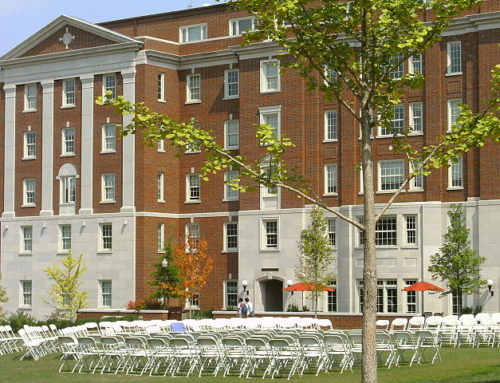Introduction
Since the killing of George Floyd, our nation has been focused on race. Television commentators and newspaper editorials have highlighted the issue. In helping me formulate my thoughts, I have been particularly impressed by an editorial in the Magazine Economist, The Ideology of Race.
I have summarized and highlighted their arguments because of my belief that for us as a nation to move forward to overcome our racial past, we need to encourage civil dialogue.
It is my hope that my taking extracts from the Economist will be a step in the right direction.
Main Body
The economist highlighted three aspects of race: (1) the myriad of injustices imposed on African-Americans (2) the way factions on the right exploit racial divisions as a political tool and (3) the New Ideology of race that has emerged from American universities:
The New Ideology rejects the liberal notion of progress. Instead it defines everyone by their race, and every action as racist or anti-racist. This theology is spreading out from academic institutions into everyday life. The concern of the Magazine Economist is that it will chill open debate and sow division to the disadvantage of all, black and white.
The New Ideology raises several troubling points that have led to the demonstrations
1) Racial inequality is shockingly persistent even though attitudes to race have improved.
2) Unjust institutions and practices have sustained racism.
3) Aside from overt racism, countless small put-downs and biases while subtle are still widespread and harmful.
Economist expressed the following concerns about New Ideology:
NEW IDEOLOGY TRIES TO IMPOSE ITSELF THROUGH INTIMIDATION AND POWER. Silencing your critics, insisting that those who are not with you are against you, and shutting out those who are deemed privileged.
THE NEW IDEOLOGY HAS FRIGHTENING IMPLICATIONS!
Because it has a worldview where everything and everyone is seen through the prism of ideology–who gets published, who gets jobs, who can say what to whom, obsession over orthodoxy in education. Universities research agendas are being warped. Public shaming and intimidation have been curbing debate.
OVERALL THE ECONOMIST FEELS THAT THE NEW IDEOLOGY IS DANGEROUS AND INEFFECTIVE
New Ideology will not eliminate inequality because it is a poor way to bring about beneficial change. Unless you can criticize people and practices without fear of being called out, you will not be able to design effective polices and then go on to refine them.
When every transaction at work, at home, or at the school gate is seen through a prism of racial power, no encounter between different races can be innocent. Essential allies are not carried along, but forced along.
PERSUASION, NOT POWER, HELPS BUILD COALTIONS
A fundamental belief in power above persuasion frustrates coalition building. By contrast, progress through debate lifts truthful ideas and marginalizes bigotry and falsehood.
Liberalism thrives on a marketplace of ideas, so diversity has a vital role.
What does the economist recommend?
MUCH OF THE MATERIAL GULF BETWEEN AFRICAN-AMERICANS AND WHITES CAN BE BRIDGED WITH ECONOMIC POLICIES THAT IMPROVE OPPORTUNITY. YOU DO NOT NEED TOOLS LIKE REPARATIONS WHICH COME WITH PRACTICAL DIFFICULTIES AND HAVE UNINTENDED CONSEQUENCES.
THE ECONOMIST ADVOCATES POLICES THAT ARE RACE-NEUTRAL. America should not resort to identity politics–and suffer intolerance, intimidation, and division. INSTEAD, AMERICA SHOULD RELY ON ITS TRADITIONAL RELIANCE ON LIBERALISM.



